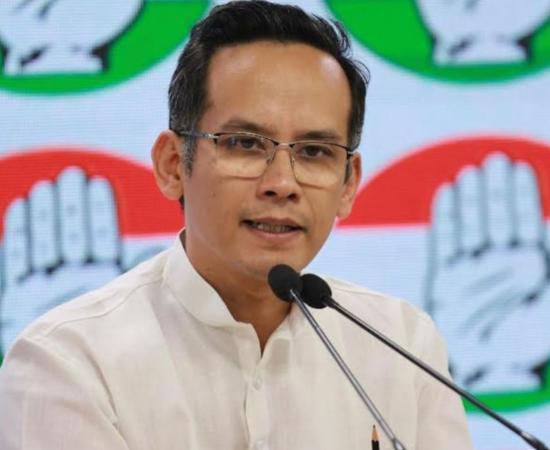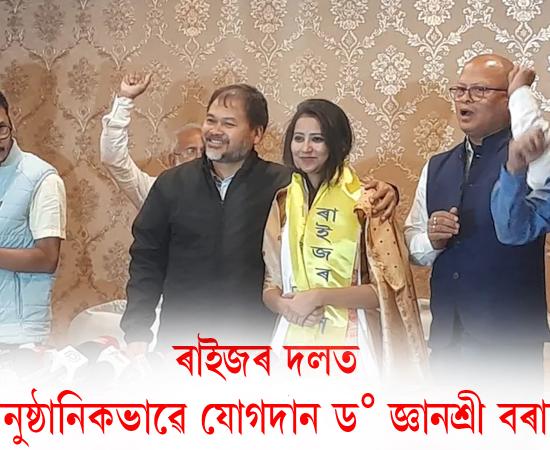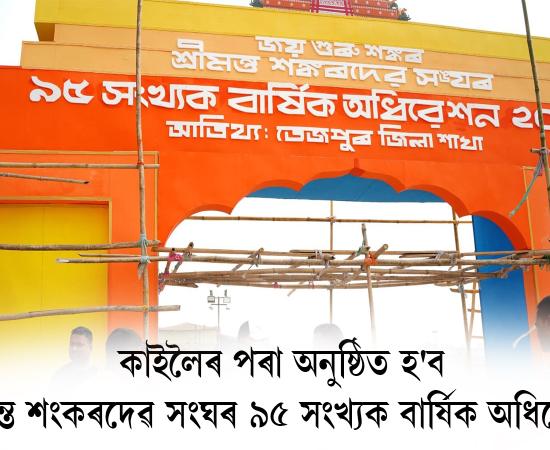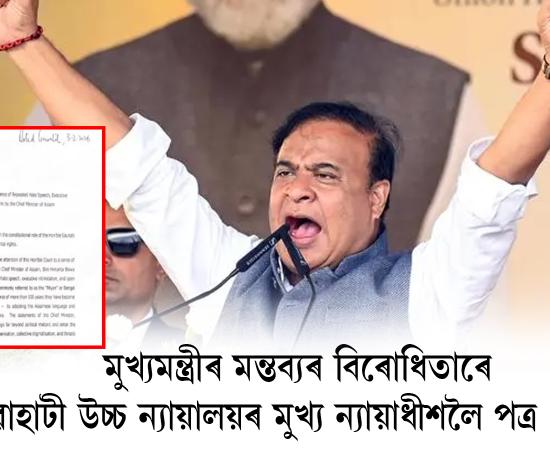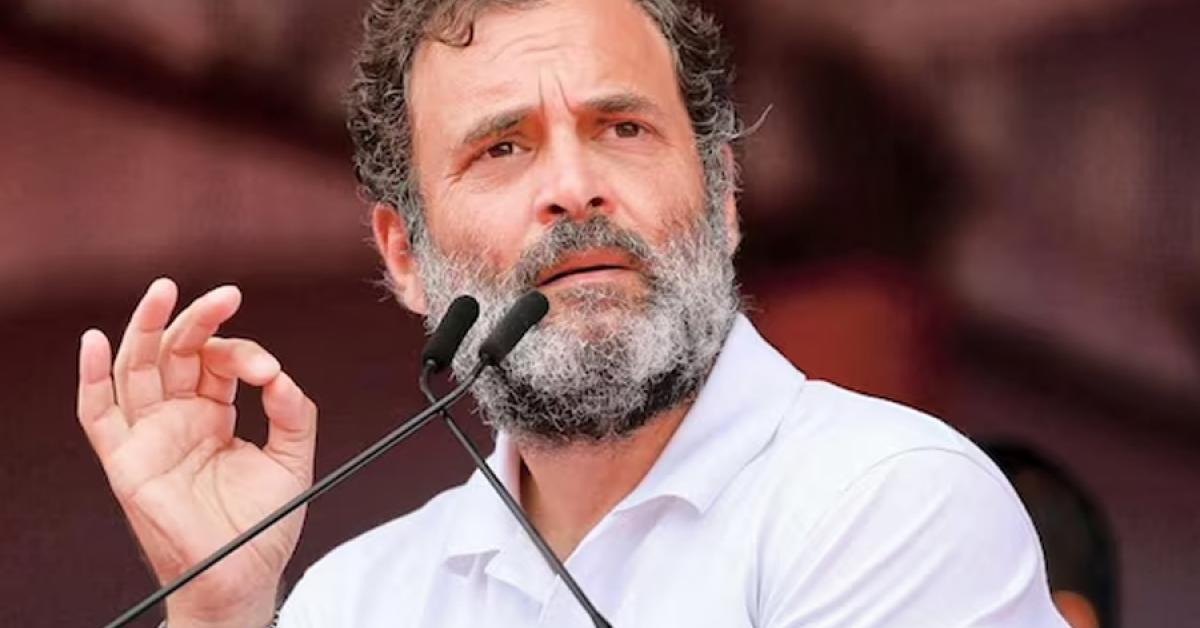
A special court in Pune has agreed to Congress leader Rahul Gandhi’s request to convert the ongoing criminal defamation case against him from a summary trial to a summons trial, marking a significant development in the high-profile legal battle stemming from his remarks on Hindutva figure Vinayak Damodar Savarkar.
The case arises from Gandhi’s controversial comments made during a public event in London on March 5, 2023, which the complainant, Satyaki Savarkar — great-grandson of VD Savarkar — claims were defamatory.
Judicial Magistrate (First Class) Amol Shinde, who oversees cases involving Members of Parliament and state legislatures, ruled that the nature of the dispute involves “complex questions of fact and law,” particularly centered on contrasting interpretations of historical events. Given these complexities, the court said the case demands a more elaborate legal process that allows for in-depth examination and cross-examination of witnesses — procedures not accommodated under summary trials.
In its order, the court stressed that a summons trial would not prejudice either party, noting that the complainant must substantiate the allegations by proving the contents of Gandhi’s speech to the diaspora in London. The court highlighted the historical context at the heart of the case, stating that “major parts of the evidence would involve historical material requiring academic scrutiny,” and that the parties “clearly disagree” on Savarkar’s legacy.
The judge further cited provisions under the Code of Criminal Procedure (CrPC) that empower magistrates to convert summary proceedings to a summons trial if circumstances demand it. In this case, the court concluded that a detailed trial is essential for justice to be served.
The case pertains to charges under Section 500 of the Indian Penal Code, which deals with criminal defamation and carries a maximum punishment of two years in prison, a fine, or both. While such offences typically fall under the category of summons cases, the initial proceedings had begun as a summary trial, prompting Gandhi’s legal team to seek the change.
Rahul Gandhi, through his counsel Milind Pawar, submitted the plea in February, arguing that the trial must consider historical nuances related to VD Savarkar’s role in the freedom movement. He maintained that his remarks were critical but grounded in his interpretation of history, and that the legal process must provide space to examine such context.
The complainant, however, opposed the move, stating that Gandhi was trying to deflect attention from his allegedly defamatory statements by drawing the court into a broader ideological and historical debate. Satyaki Savarkar insisted that the focus should remain solely on the defamatory nature of the speech, not on the historical credentials of his great-grandfather.
The court, after weighing both arguments, sided with Gandhi’s position and allowed the switch to a summons trial, enabling a more comprehensive evidentiary process.
This ruling follows a February order from the same court granting Gandhi permanent exemption from appearing in person for the hearings. He had earlier joined proceedings via video conferencing and was granted temporary bail on a personal bond of ₹25,000. His legal team had also raised security concerns about his presence in Pune, citing the city’s historical links to Nathuram Godse and past political violence targeting his family.
- Log in to post comments


